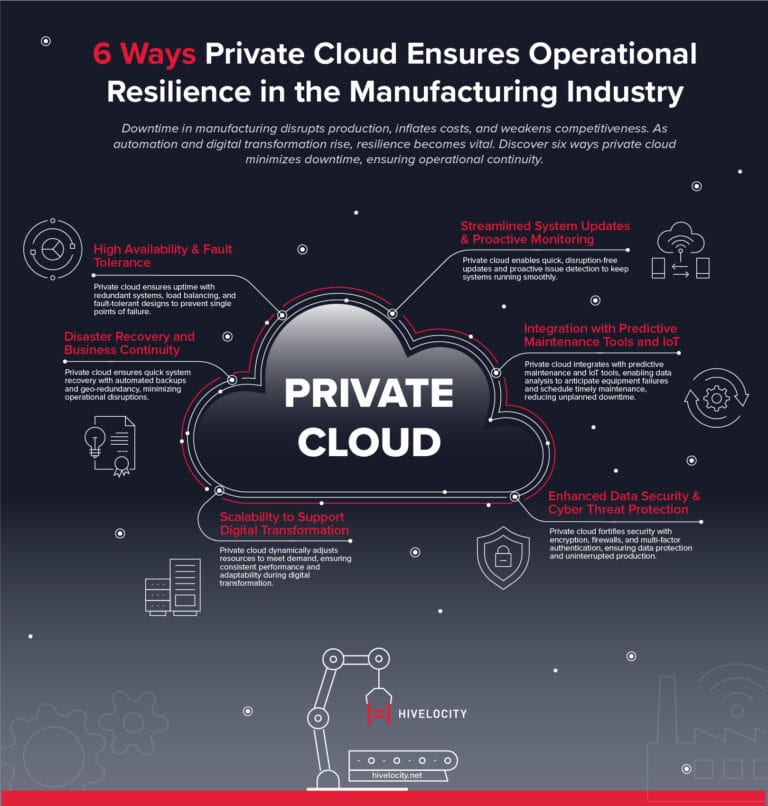
Now, more than ever, digital transformation has become a major focus for businesses. The Coronavirus pandemic has triggered a shift for businesses on a worldwide scale. Digital technologies have a key role to play during this time, but why?
To Ensure Business Continuity
There are various factors that businesses must consider as they move towards digital transformation, conceivably the most essential consideration today is business continuity.
Today, many business decisions surround a digital strategy that is driven by data. Businesses of all sizes know access to data is critical for the day-to-day workflows, collaboration, innovation, and customer service. Many businesses depend on their data and connectivity to manage these daily operations.
A business would move to the cloud, colocation, or managed services to provide redundancy to their infrastructure should a natural disaster, pandemic, equipment failures, outage or other factors outside of their control take place.
Why is the Cloud Important for Digital Transformation?
Cloud computing refers to multiple cloud solutions while a hybrid cloud uses a combination of on-premises private cloud and public cloud services.
One of the biggest advantages of the hybrid cloud model is that it allows workloads and data to move between private and public clouds in a flexible way. Allowing businesses greater flexibility and more options for data deployment and use. You can allocate resources to either private or public cloud storage depending on where, when and how you need them as well as easily scale resources up and down as your business needs change.
The Cloud offers the flexibility to make digital transformation successful, allowing businesses to scale their IT resources when needed. One of the key benefits of the cloud is cost-effectiveness, because it provides services to businesses on-demand. You only pay for what you use.
How Does Colocation Fit Into your Digital Transformation Strategy?
Making colocation part of your digital transformation strategy allows you to have more control over the future of your business. By offloading unnecessary infrastructure tasks, colocation providers can work closely with businesses to create innovative services – and deploy them quickly. By embracing data center colocation, your business can update its IT infrastructure and determine how to use technology to improve its operations, processes and services.
Colocation has become a key component in a business digital transformation strategy. Without a secure and reliable connection to its customers; businesses are unable to deliver their products and services making connectivity within the data center, essential. Data center interconnection provides access to multiple internet service providers. A carrier-neutral data center provides a broad range of connectivity options for businesses with access to internet exchanges and peering providers. By having access to many service providers, it allows a business to exhibit a strong presence both domestically and globally.
Should I Consider Managed Services?
The role of Managed Service Providers plays a relevant part when considering digital transformation. Managed service providers are valuable as they can help with navigating the process to connect seamlessly and work efficiently. The complexity and pace of digital businesses today demands more. By offering the support and technological resources it allows a business to focus on their core business needs.
Digitalization is a complex process that requires massive cultural shift in the workplace and changes every part of your business, but it may be the crucial step for disaster readiness in case of an unforeseen circumstance that could harm your business.
If your company is looking for professionals that can help elevate your digital transformation, our experts are happy to assess your business needs with you. Please contact us at sales@hivelocity.net or (888) 869-4678.
FAQ Digital Transformation
Key drivers of digital transformation are profitability, customer satisfaction, and increased speed-to-market. Digital transformation enables you to create much more efficient systems and processes, which allows key tasks and projects to move forward much faster.
Organizations undertake business transformations to create additional value. If businesses do not transform, then they must be prepared to run the risk of being left behind because business processes are inefficient, ineffective, and it does not satisfy customer and employee needs.
1. Create a digital culture
2. Have a strategy for your data
3. Embrace micro-revolutions
1. Process Transformation
2. Business Model Transformation
3. Domain Transformation
4. Cultural/Organizational Transformation


